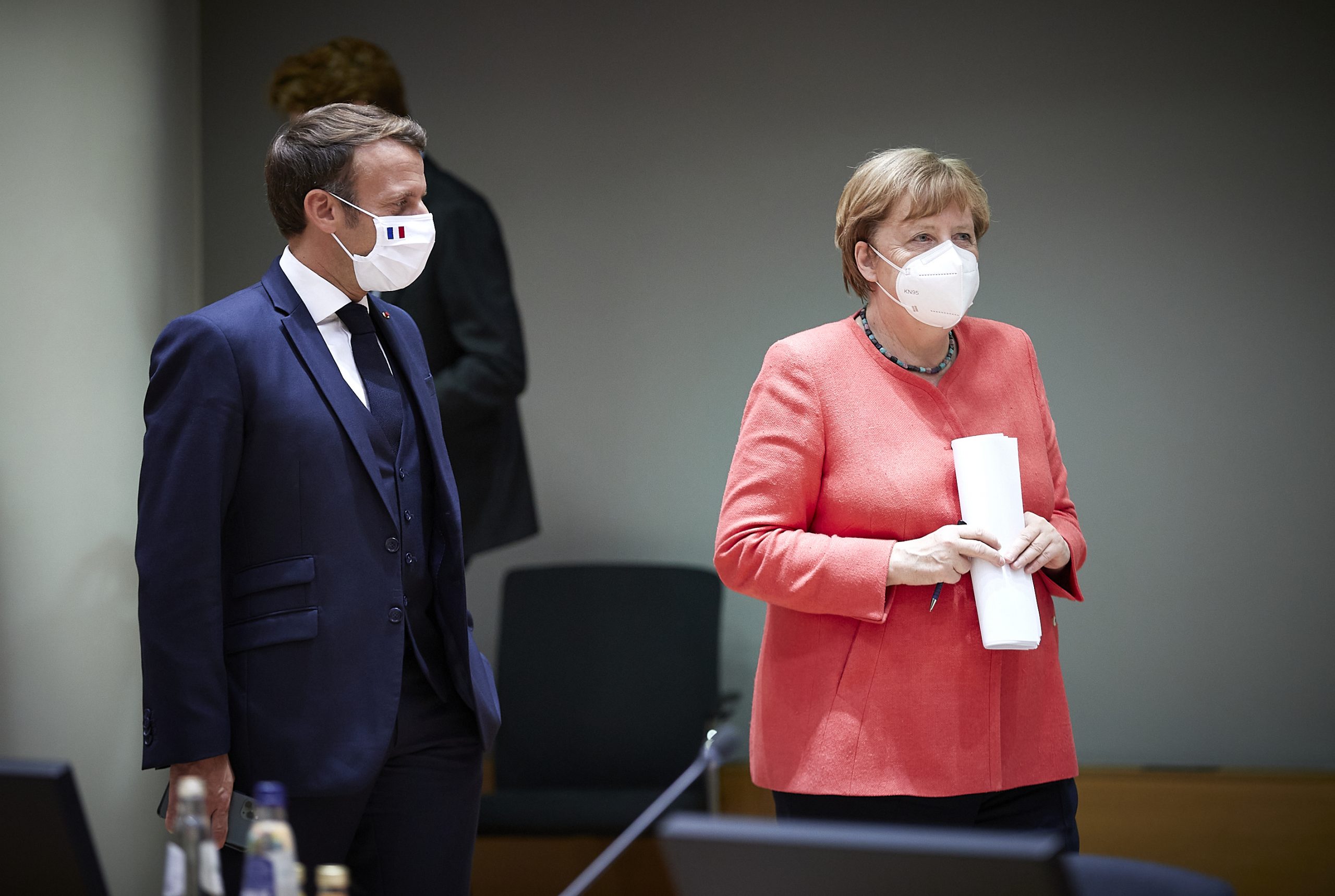France, Germany and the Netherlands curse the European Commission on digital

Facts and turmoil between the EU states on the Digital Market Act with the initiative of France, Germany and the Netherlands. The in-depth study by Enrico Martial
In Brussels, between Thursday 27 and Friday 28 May, a session of the Competitiveness Council took place with a barrage of points on the agenda that would shake even the best staff of summary reports, and so dense as to stun any emergence of something. newsworthy for the press. There was talk of researchers to keep in Europe, of space, smart roads, satellites, post-covid and sustainable tourism of the next decade, artificial intelligence, trade policies and the softening of state aid.
Of the whole agenda, however, we must focus on the Digital Market Act, the law on digital markets, which would then be the "proposal for a regulation on fair and contestable markets in the digital sector". From the title it is already clear that the problem is the global giants, from Google to Amazon, from Microsoft to Facebook, which make the market indisputable, and in which Europe does not exist. The threat is also Chinese and Eastern, with Alibaba and colleagues, but in the meantime this small US hypergroup eats start-ups by blocking any evolution in the sector, and seems to recall the closed market of the seven oil sisters of the 1960s, where however at least some operated European company, such as Shell and BP.
Well, this proposal for a Digital Market Act (DMA) regulation seemed very flat and soft, with the European Commission unable to flex its muscles. France, Germany and the Netherlands then took a pen and wrote a letter , typically address, to strengthen the posture with respect to Big Tech.
According to the three countries, a regulation lacking elasticity would not be able to respond to the evolution of the market and Big Tech practices. Also for this reason, there will have to be a greater role of the Member States in the implementation of the regulation, while it is currently foreseen that there can be no national legislation in this regard. In addition, greater capacity to mobilize resources is needed through interstate and European cooperation ( GAIA-X implied but also more), and tools that allow us to monitor acquisitions and mergers, which so far are precisely burning startups. The impression is that several acquisitions are made to eliminate potential competitors from the market (as in the case of Kustomer bought by Facebook) rather than to support the growth of digital.
In this scenario, there are nuances between France and Germany. The first seeks in the European force the ability to resist the pressures of Big Tech to develop a European digital market that is not asphyxiated, while Germany, meanwhile, wants to maintain its legal capacity – without delegating it completely to Brussels – in opposing large companies. .
To cite a little-known case in Italy, the Microsoft 365 suite is accessible for Germans with a non-global cloud like us, but with data protected in Germany, with a version that is even called Microsoft 365 Germany. In defense of data, they have in fact carried out with a specific national certification, the Cloud Computing Compliance Controls Catalog (C5), which forces to keep the data in the country. It resembles the most recent French case, but binding only for the public sector, of the Cloud of trust , presented by the Minister of Economy Bruno Le Maire on 17 May. This is clearly an unwelcome condition for Microsoft, which has adapted by creating specific data centers (Microsoft Cloud Germany) but which faces the complications of subsequent customer migrations from one German cloud to another European or global.
In any case, the Franco-German-Dutch letter must be included in the broader European process on digital and cloud. On the one hand, it stands in defense of Big Tech and the American Cloud act which has allowed access to data even outside its national territory since March 2018. On the other hand, it tries to build a structured digital market in Europe, always starting from the cloud. These days the (technical) news of the developments of Federated Services (which would later be interoperability, portability, ownership and data protection) by Gaia-X, the consortium of companies and institutions born in June 2020, to which it was at the beginning of May 2021 the support of 27 large European companies (including TIM and Aruba, together with SAP, Nokia, Orange, Siemens etc.) which were concerned about the overall path to be taken for digital in Europe.
We are running, but in the meantime Gaia-X is still hosted on one of the German government sites and only from this month of June will it have its own platform .
This is a machine translation from Italian language of a post published on Start Magazine at the URL https://www.startmag.it/innovazione/francia-germania-e-olanda-strigliano-la-commissione-europea-sul-digitale/ on Sat, 29 May 2021 06:08:44 +0000.
